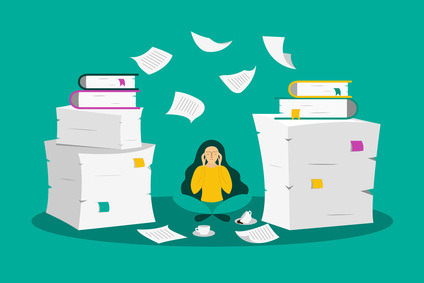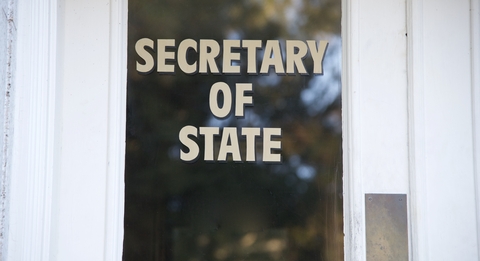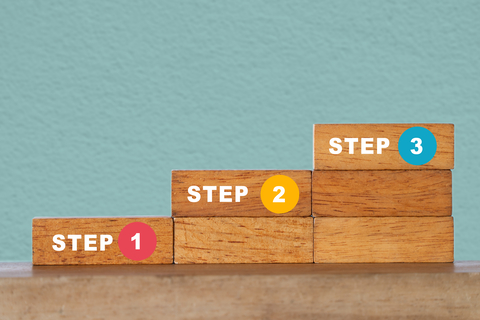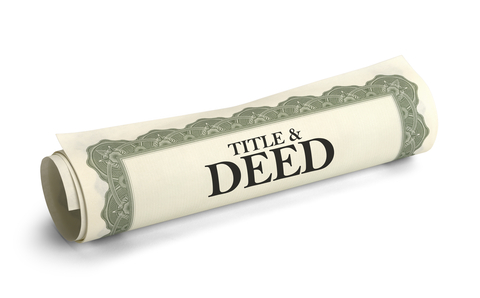Too much information: Now what?
TMI. Too much information. Can the results of an investigation or research project provide so much information, that it’s overwhelming? To you and your client?
A recent question from a colleague reminded me that it’s not always about finding too little or, worse, no information. Here’s what what happened during a background investigation she was conducting for an attorney:
From just a cursory search, the subject has DOZENS of lawsuits, bankruptcies, securities fraud (prison time), UCC filings, and so on and so on. I can tell I would easily find a massive amount of information…I feel like I could easily bill hours and hours of research and report writing to basically tell them this guy is a disaster.
This colleague knew she should go back to the attorney to find out what they are doing with this information and what’s relevant at this point in the case. She wondered, though, what clients generally do in a situation where there’s so much info that it falls into the category of Too Much Information.
I thought this was an interesting question, because I immediately know what do, what questions to ask the client, if and when I find too little information. But I don’t specifically ask about too much. It’s not something that happens often, and, as an investigator and information professional, it’s up to me to decide what to do about and how to prevent information overload.
Here’s my three-step process for dealing with the issue of too much information:
Prepare
During initial conversations, I establish the Why and What. Why do they need this information? What are they trying to accomplish? We don’t focus too much yet, since I want to see patterns, possibilities, and alternatives. Then I create a research plan accordingly. For example, if there’s a lawsuit involved, I may need to cast a wide net. Or maybe they just need a few nuggets that will help them decide whether or not to move forward with their plans. During the initial conversations I also set limits. Budget always helps decide how to structure the investigation, or the client may wish to only see results from the past several years.
Phase
Sometimes, though, they don’t know the what and why, and they say they want everything. After managing expectations (no, we can’t find “everything”), I phase the project – and I’ve discovered that clients love this approach. Phase 1 is a quick pass. Then I analyze and discuss findings with the client, and we’ll decide if it’s worth proceeding to Phase 2, a deeper investigation. Based on results and client conversations, we create an investigative and research plan for the next phase. At any time during either of these phases, if I find bankruptcies, court cases, negative news, or anything else that could be alarming to our client, I immediately notify them. They may decide to end the process, or we may refine it.
Distill
Then there’s the option of giving them everything and doing the full investigation. This takes time, lots of summarizing, and, again, client conversations. How much detail do they need in a report? Do they need every case summarized, or just a top level summary? For example, “We found x bankruptcies dating from y to z; status on all but one is closed. Please advise if you need individual records, and we will quote a budget for that phase of the investigation.” For litigation, find out what the attorneys and the courts require. Budget and time frame may also come into play.
As you can see, it’s a process of back-and-forth with the client and consistently adjusting course accordingly. How do you “fence in” your cases or projects when you find too much information?




This makes a great argument for mistrusting pre-packaged reports – they don’t address any specific client’s Why and What questions.
Thanks, Mary Ellen. Yes, there’s a lot to be said about the human factor, especially when yo work directly with that human.
This is my favorite phrase: “During initial conversations, I establish the Why and What. Why do they need this information? What are they trying to accomplish? ” I have come to learn that I LOVE context. In life, and in research, context is everything. I’ve had clients apologize for telling me too much sometimes and while I like to stay focused, I believe my most successful projects are those where I really understood the context of their questions and what they planned to do with the work I would provide.
Thank you, Jan! Yes, context is key, so it’s important to know what questions to ask and how to listen for what you need.